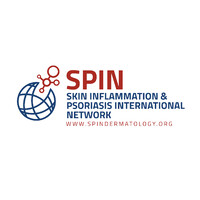
Giddy
Giddy is a sexual health company dedicated to helping individuals and their partners live more fulfilling lives through thought-leading educational content. Giddy uses insights learned from its dialogue with users to develop innovative medical devices. Giddy's flagship product is called “Eddie by Giddy” - an FDA Class II medical device designed to treat ED and improve male sexual performance.






